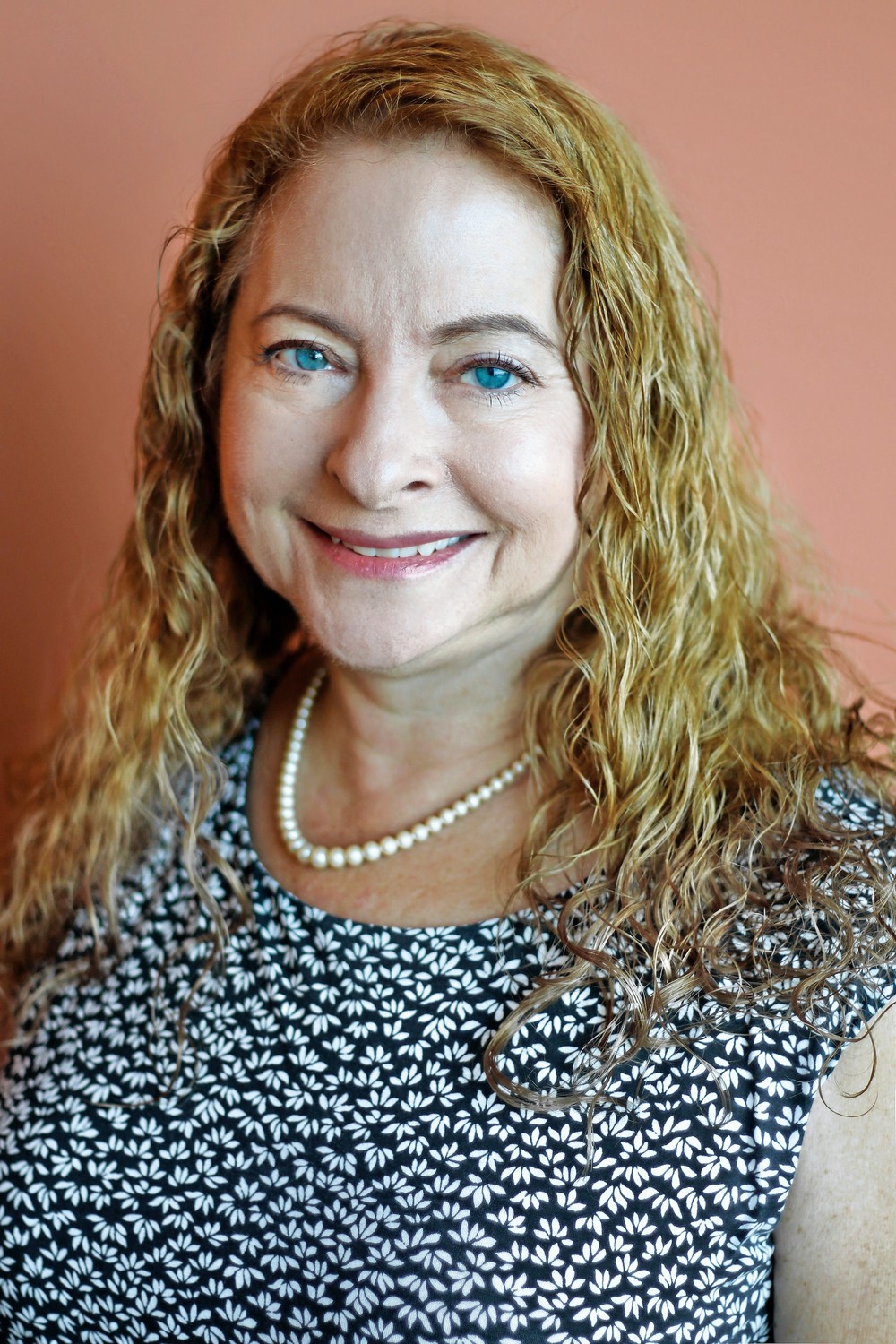Finding hope among the crowd at the March for Our Lives
Just in front of me, a teenage girl tentatively raised her arm. Then she clenched her fist. We were at the March for Our Lives rally in Washington on March 24, and she was responding to a request from a survivor of the February shooting at Marjory Stoneman Douglas High in Parkland, Fla., to “Raise your hand if you’ve been personally affected by gun violence.” I didn’t raise mine. I couldn’t.
Wiping away tears, like so many others around me, who were primarily teenagers, it was hard enough just to be there. To see sympathy, surprise or, really, any reaction to my hand going up? I couldn’t handle that, too.
My cousin was murdered a year and a half ago. He was 21. Ryan was quiet, had a problem with depression and liked nothing more than to help people, especially children. Having dropped out of college, he lived at home. I didn’t know him very well, but I was close to his grandfather, who died a year before he did, and his mother, Shari, who’s one of my favorite cousins.
I’ve wanted more gun legislation for many years. I’m not an advocate of taking away everyone’s guns, but the laws regulating who can get them are inadequate. Even so, I had become one of the jaded ones that the National Rifle Association loves. Disheartened that no gun legislation ever seemed to ever become law, I had given up.
And I had never taken part in a march, or any kind of protest against guns, until the march in D.C. There were more conveniently located protests that day, but I wanted to go to the nation’s capital to let lawmakers know that hundreds of thousands of people like me had taken it up a notch.
I clutched my sign — You Can’t Pray Away Guns. I wanted to tell the girl, “This is the best I can do. How I wish I could be like you.”
Interestingly, it’s harder for me to talk about guns now, much more so than before Ryan was killed. I feel like I’ve become an unwitting member of the Murder in the Family Club, which, of course, exists only in the hearts of those who have lost family members to violent acts.
I wish I could explain the chills I felt when the survivors spoke, the desire I had to sob, to scream, which I didn’t do. But also, the hope that enveloped me as they said over and over again that they were committed to bringing about change. I knew they had lost more than a football coach, an athletic director, a geography teacher and their classmates. They had lost their innocence. Murder does that to you.
Thoughts and prayers. Those words, meant to comfort, have done nothing to erase the image I have of Ryan’s last moments. After he was forced to empty his bank account at an ATM, he was driven to a desolate area and dragged into the woods. The last thing he saw was more than likely the barrel of a gun.
Thoughts and prayers didn’t help our family when he was missing for four days. Once he was found, because it had been so hot, Shari wasn’t allowed to see his body. It was like her son just disappeared.
Thoughts and prayers don’t soothe our family’s continuing anguish as the trial of the 20-something woman and man who allegedly killed Ryan continues to be delayed. The phrase is so overused and so hurtful. But I get it. What do you say to someone who’s had someone she loves murdered? I’m not sure, but I guarantee thoughts and prayers isn’t it.
Most people’s votes are driven by issues. But gun legislation should supersede all other issues, because if people continue to die in mass shootings, other issues won’t matter. I know that for my cousin, so much no longer matters.
She and her husband, John, marched in Pittsburgh’s March for Our Lives, for change and for Ryan. She said he was with her, like an angel. The teenagers spearheading change have given her hope. And they’ve given it to me, too.
Every murder leaves behind suffering family members who have to try to move on with their lives. Some just can’t. So, next time you see people who have lost a loved one to gun violence, the ones who cry, work so hard to remain stoic or sound so bitter you want to turn away, know that they could be you. No one is exempt from the Murder in the Family Club. I never thought I’d be a member.
Laura Lane is the senior editor of the Glen Cove Herald Gazette, the Oyster Bay Guardian and the Sea Cliff-Glen Head Herald Gazette. Comments about this column? Llane@liherald.com.

 49.0°,
Fog/Mist
49.0°,
Fog/Mist 




